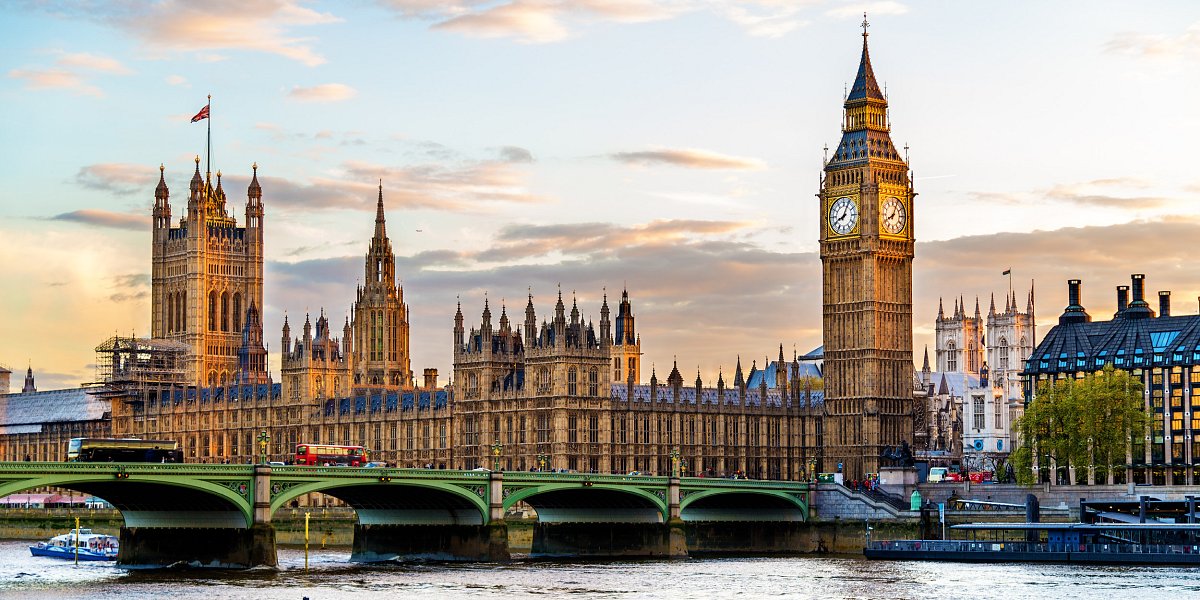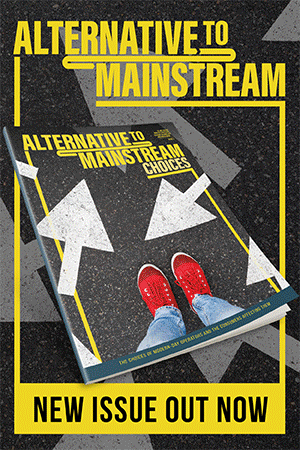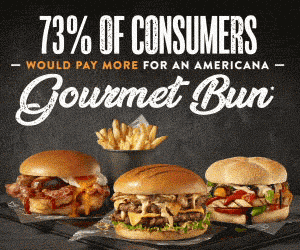Autumn budget: key points and reaction
What the autumn Budget means for the pub and bar sector.
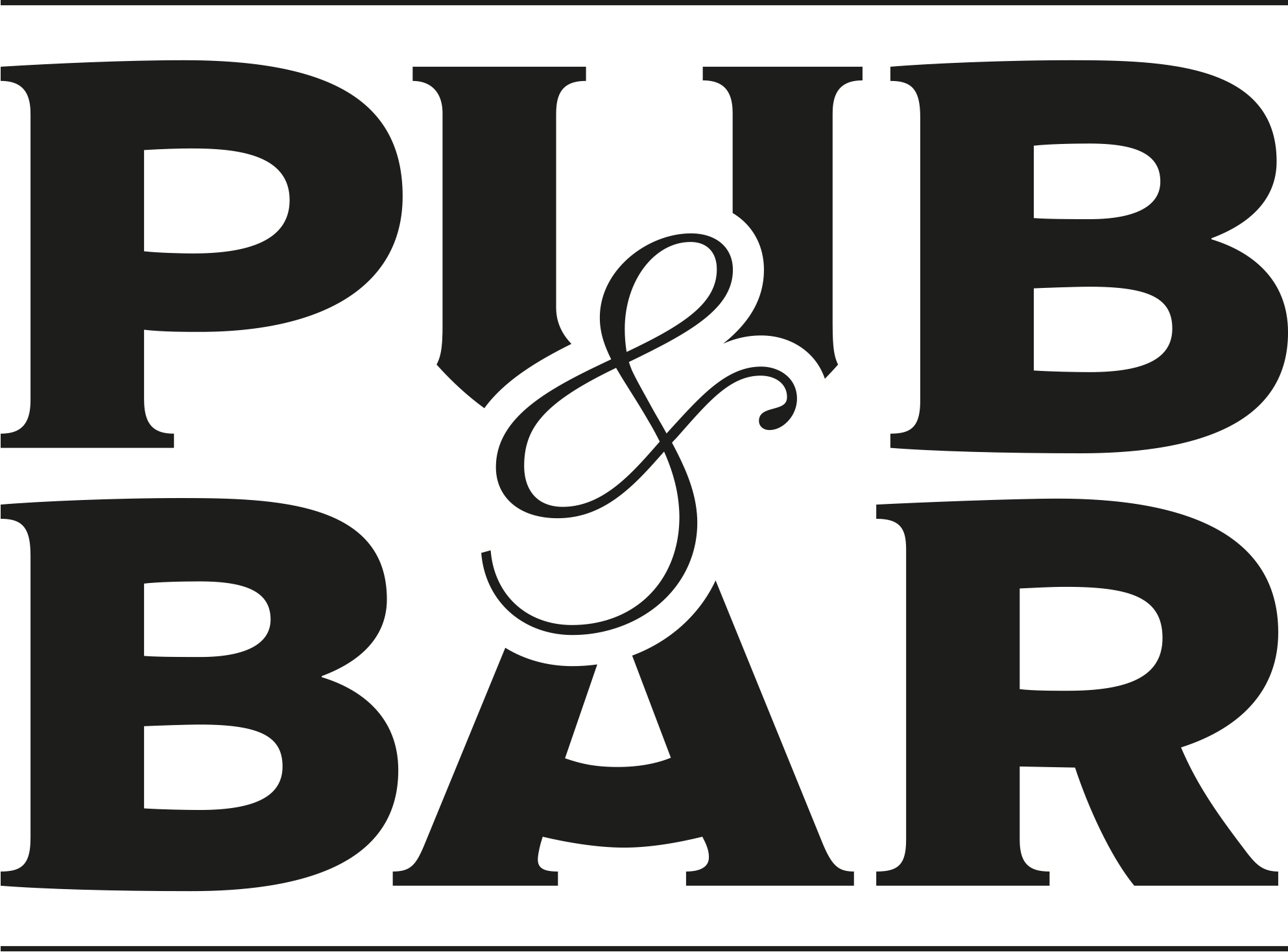
The government is freezing the business rates multiplier for a further year, introducing a tax relief for eligible green investments and a new ‘business rates improvement relief’, as part of the autumn Budget revealed by the chancellor Rishi Sunak.
A new 50% business rates discount for businesses in the retail, hospitality and leisure sectors in England was announced, alongside a commitment to modernise the business rates system with more frequent revaluations every three years.
“We have been lobbying hard for significant reform of the outdated business rates system and therefore very much welcome the chancellor’s move today to extend the 50% business rates relief for the hospitality and leisure sector for the next financial year," says UKHospitality's chief executive Kate Nicholls. "The devil will be in the detail, though, so we look forward to learning to what extent it will benefit businesses."
Alcohol duty
Sunak also revealed there will now be six duty rates on alcohol, adhering to the approach of "the stronger the drink, the higher the rate".
Taxes on red wine, sherry and port will increase, while rose, fruit ciders and lower strength beers will decrease. The planned increase in duty on beer, spirits, wine and cider was cancelled.
“The decision to freeze wine and spirit duty comes as a huge relief to British businesses, the hospitality sector – including its supply chain – and consumers, giving everyone a much-needed break to help them recover from the pandemic," says Miles Beale, chief executive of the Wine & Spirit Trade Association.
A new 'Draught Relief' will apply a 5% cut to duty on draught beer and cider served from draught containers over 40 litres, something pub operators were quick to criticise on social media, poiting out the alienation of small suppliers working with 30 litre containers.
“This is a fantastic result for wet-led community pubs," says Chris Jowsey, chief executive of Admiral Taverns. "Given the extreme difficulties over the past 18 months, it is vital that the cut in draught beer duty is introduced as soon as possible. It demonstrates targeted support for a sector particularly hard hit and it’s good to see the government recognising the meaningful economic and social contribution the pub industry makes. This will give licensees the support needed to rebuild their businesses and continue providing vital support and employment to local areas.”
No mention of VAT
With the hospitality sector remaining incredibly fragile, facing myriad critical issues, Nicholls has urged the government to go further than the detail released in the Budget.
"Rising utility bills, wage bills and food and drink prices have resulted in 13% inflationary costs that businesses are having to absorb at the same time as they navigate severe supply chain issues and chronic staff shortages," she says. "Given this toxic cocktail, it is imperative the government go further to support businesses in our sector.
“The most effective way to achieve this would be to maintain the current lower 12.5% of VAT for the sector. The chancellor has been bold and radical with alcohol duty – we urge him to adopt the same approach when implementing root and branch reform of business rates, to ensure industries share the burden equally.
“Hospitality has shown this summer that it has the potential to kickstart the nation’s recovery and deliver jobs, growth and investment at pace across all parts of the country but that could grind to a halt next year. It can only lead recovery with the right measures of support in place.”
Wages
The National Living Wage (NLW) will rise to £9.50 from 1 April 2022. This represents an increase of 59p or 6.6%.
Alongside the NLW increase announced, the Low Pay Commission recommended significant rises in National Minimum Wage (NMW) rates for younger workers. The 21- to 22-year-old rate will increase to £9.18, narrowing the gap with the NLW and leaving this age group on course to receive the full NLW by 2024.
NMW rates for 18 to 20 and 16- to 17-year-olds will increase in line with underlying wage growth. The minimum wage for apprentices will increase by 51p, bringing it in line with the 16- to 17-year-old rate.

